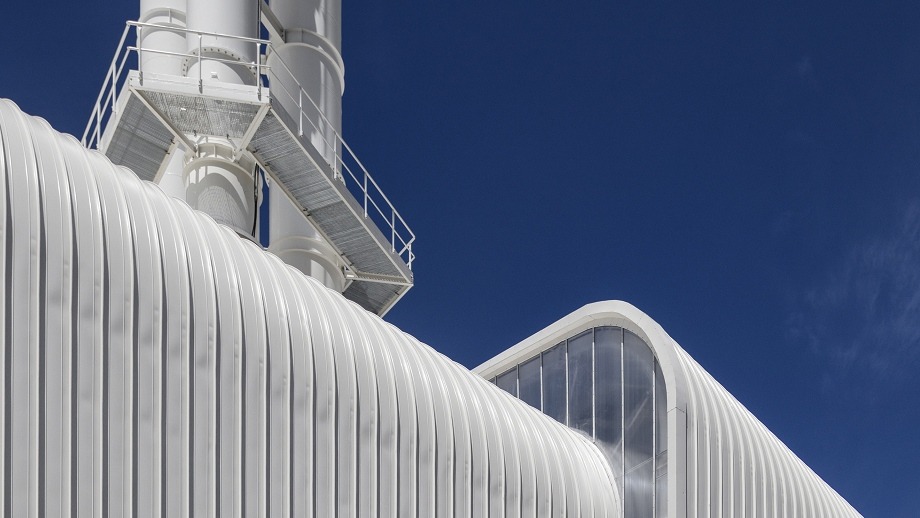FOUNDRY
ASSOCIATION
A GREEN SECTOR
A produção de metal a partir de matéria-prima secundária,
contribui para o desenvolvimento sustentável.
APF
The Portuguese Foundry Association (APF), officially created on February 25 , 1964, is a private, nationwide organization that brings together the most representative Portuguese foundries and, in terms of production, it covers about 90% of all castings manufactured in Portugal. Presently, the Portuguese Foundry Association gathers companies, managers and workers in the field of foundry and related industries and regularly organizes Congresses (the XX was held on May 16, 2024), some of which at the international level.
Purpose
The APF is a technical and cultural association whose purpose is to foster the development of technology, to improve working conditions in foundries, to promote the improvement of manufacturing processes, from both economic and human perspectives, making companies more competitive. It also seeks to represent and defend the overall interests of the foundry industry, both at national level, together with public entities and educational/training institutions, and at international level, namely in the CAEF – Committee of Associations of European Foundries, which brings together associations from 22 European countries. The APF’s intervention includes providing support to Members in different areas, with a particular emphasis on the environmental area.
About Us
Currently, the Portuguese foundry industry comprises high-tech companies operating as suppliers for many industries: automotive; metalworking; civil construction; ceramics; mining and earthworks; electrical and electronics; shipbuilding; agricultural and industrial machinery; railway; wind power; aeronautics, and aerospace. It is prominently an export-oriented industry, worth 80% of its production; the German market is the most representative one, followed by the French and the Italian markets among other countries in Europe and in other continents.
O CINFU
Created in April 1981, CINFU - Centro de Formação Profissional da Indústria de Fundição (Foundry Industry Professional Training Center) is responsible for, besides training in the foundry technology area and related areas, as well as in transversal areas, for assisting the companies that request it, including local technical advice, laboratory support, environmental characterizations, prototype parts manufacturing, and other actions within the human and material resources available.
APF from Associação Portuguesa de Fundiçã on Vimeo.
Companies that push our economy forward.
New annual export shares and market diversification confirm the sector’s potential for growth and innovation.
The sector employs more than 5.400 people, and has a turnover of approximately 651 million euros. As a major supplier of the entire industrial sector, it plays a key role in the development and modernisation of the Portuguese industry.
We cover all economic sectors
Motor Car
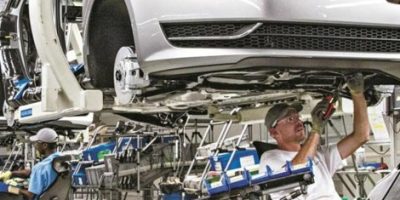
The cast components are used in combustion and electric engines, transmissions, platforms (chassis), or vehicle bodywork. The number of castings in vehicles is more and more significant considering the capacity of obtaining resistant castings with thin and therefore lighter walls.
Machine Tools
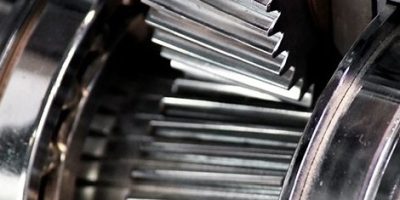
Most machines and industrial equipment incorporate castings, frequently of large weight and size, as well as cast in ferrous alloys (cast iron or steel), or even light alloys.
Agricultural Machinery
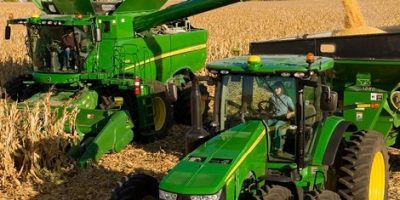
Steel, cast iron or light metal parts such as wheels, hubs, hydraulic components or motors can be found in almost every agricultural equipment.
Sector/Electrical Equipment
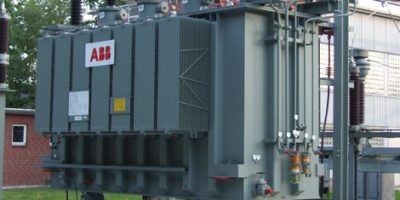
Cast parts are used in power generation equipment, such as transformers and generators, as well as electric motors. They are also massively used in a wide number of household appliances.
Medicine

From computed tomography equipment to hospital support equipment and orthopaedic prostheses.
Construction
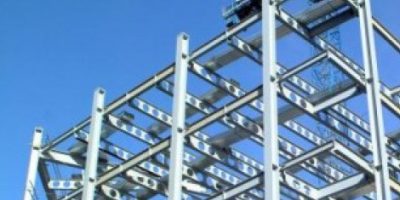
From metallic beams used in building structures, to household appliances such as radiators, boilers or stoves, as well as all types of water circulation acessories and taps (in copper alloys).
Shipbuilding
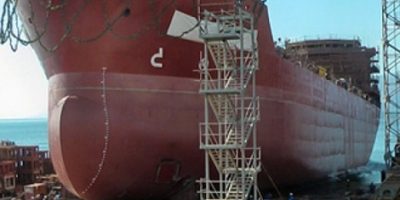
Shipbuilding is inextricably linked to foundries. Foundries are present in large engines, enormous hulls or decorative items.
Aerospace Industry
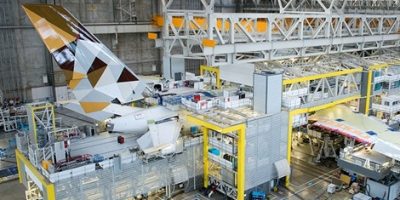
Abrasion-resistant parts, parts for excavators, or parts for the mining industry, such as those used in crushing machines, are also very commonly manufactured.
Energy Production
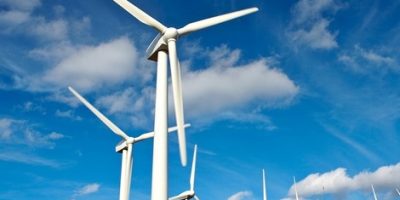
From public lighting to garden benches, manhole covers and grilles, there is a wide variety of items that rely on the use of cast metal parts. Art, from statues to medals and metallic sculptures, also relies on this sector.
Railways
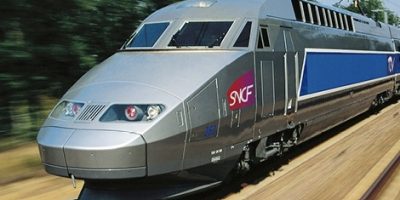
Castings for the railway industry include electric and diesel engine blocks, rolling stock components, train brakes with high safety requirements, and also the seats structure inside the carriages.
Wear Material
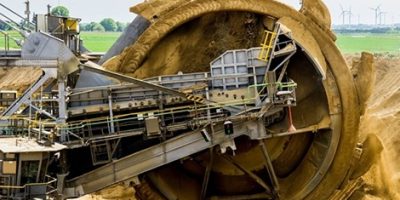
Abrasion-resistant parts, parts for excavators, or parts for the mining industry, such as those used in crushing machines, are also very commonly manufactured.
Urban Furniture and Artistic Works
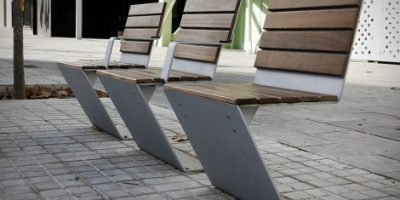
From public lighting to garden benches, manhole covers and grilles, there is a wide variety of items that rely on the use of cast metal parts. Art, from statues to medals and metallic sculptures, also relies on this sector.
Affiliation
The APF represents the Portuguese foundry industry in the top foundry-related organisations worldwide and is part of several national bodies related to the sector.

